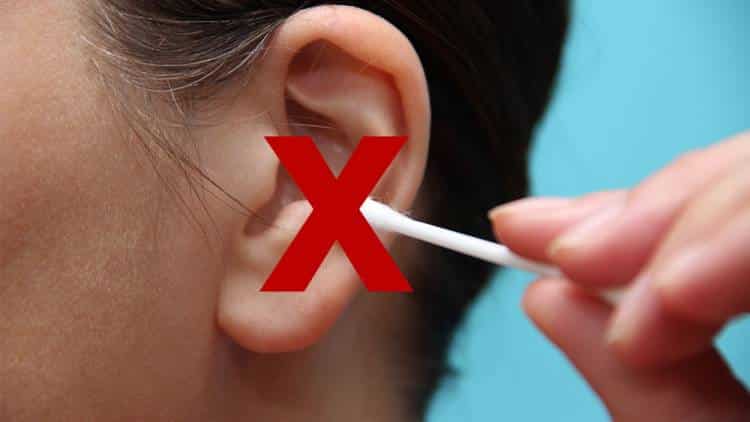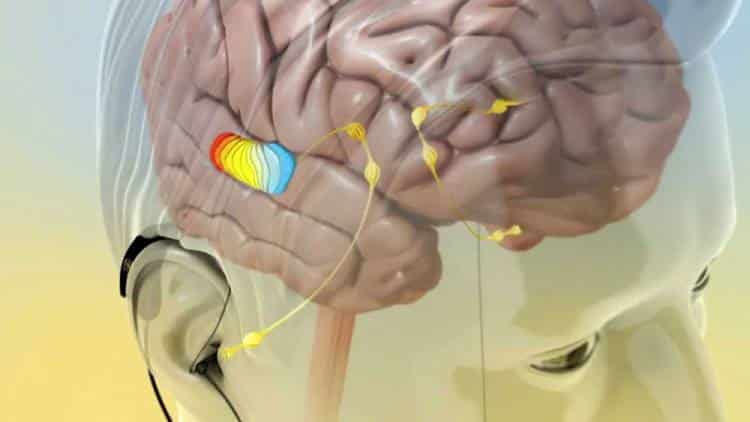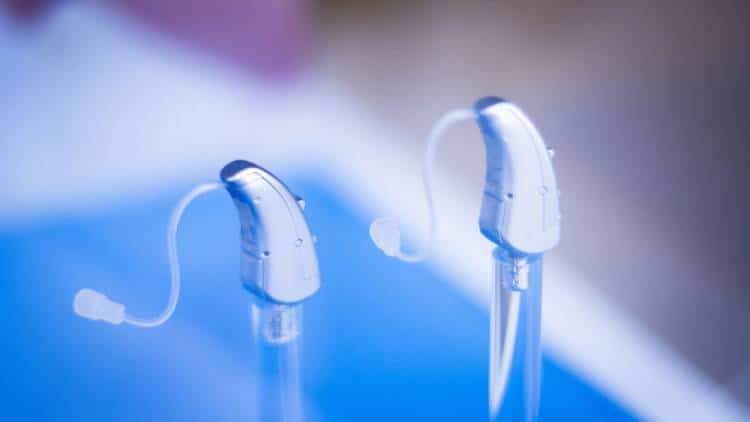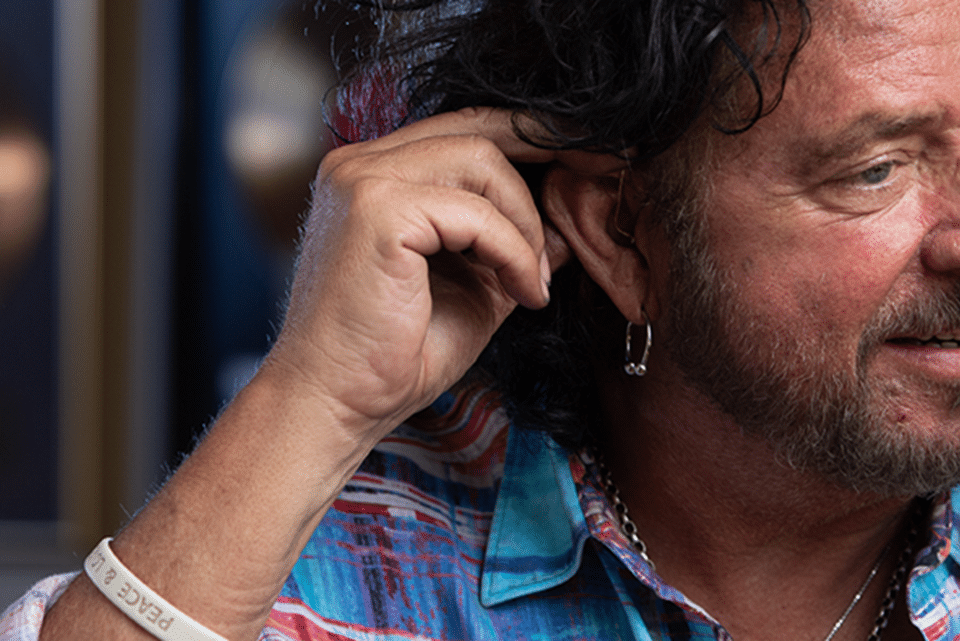
Ear Wax Removal
November 7, 2018
Treating Tinnitus Emotionally
November 10, 2018
What does the future hold for hearing aid technology?
will robots or AI perform hearing assessments? Lets look at the best of consumer electronics and how they may affect the hearing aid industry,
In the past decade, hearing aids have changed enormously. From basic digital devices, we’ve exponentially increased their processing power. Now, they can scan the whole sound environment 100 times every second and reduce noise before delivering it. As well as this they can now connect to your phone direct so no need to even have the phone near you, you can stream direct from the TV so you and a partner have independent volume, you can even use an app to find your lost hearing aids!!! No more costly replacements!!

So What’s next?
The exhibition about future technology– CES 2018
In January, technology companies from around the globe descend on Las Vegas for a week-long technology fest. It is where companies and academics show off what they’ve been working so hard on; where technology leaders show how they see the future and how they have learned from the past.
This is the place to be if you want to see what is ahead for the future of technology. A place where you can look at the best ideas from something like a washing machine and think….. that would work in a hearing aid!! Yes really!
Wearable technology looks like its coming and is the future and not just for hearing aid wearers –
Remote technology is coming in hearing aids its just around the corner. This will allow us to help someone in situations live as they experience them and will also help us stream data in real time without a visit to a clinic really helping the remotest of patients. So if we can do this with hearing aids wouldn’t it be useful for individual health care?
We can look forward to wristbands that monitor your heartrate and blood pressure, and even technology that scans your brainwaves to detect mental states such as stress.These technologies will enable patients to gain deep health insights while they’re out in the real world, which they can pass on to healthcare professionals.
This may also enable hearing care professionals to see objective data on client preferences without them actually needing to say anything. What’s more, you would be able to document treatment outcomes in detail whenever insurance companies or any other external interest needs it.

Remote fitting is coming fast.
OTC or over the counter hearing aids are coming and now mainstream in America. Alon with this remote fitting capabilities will be next. This means you could buy a hearing aid wherever you like then choose whoever you like to support that appliance.
This will be known as E-health, making it easier for professionals to fine-tune people’s hearing aids. Because such solutions are remote, they have the potential to more precisely fit the clients’ individual needs, at times that suit both parties, and from the comfort of the client’s home. What’s more, such e-health solutions look likely to become more viable as hearing aid manufacturers develop their abilities to collect objective usage data.
Healthcare technology is becoming detailed, synergised & networked
Personal health technology is becoming common place, there is rapid growth and advancement in this sector. Manufacturers are working hard to work out ways to bring all this network together which hopefully will benefit you the patient and synergise healthcare and perhaps help us all live to over 100!!
As data from different health care sectors becomes readily available and is floating up there on the cloud, it will be possible to analyse them together & find partners in the data which will be instantly receivable to the health care professional. Much of this info is already there we just need to clean it up and make it easy to access.
Hearing aids or wearables will become a powerful communication and information gathering tool under this new eco system. After downloading the clients actual experience with their hearing technology in real world environment you may be able to link this to physical state, heart rate, sleep patterns and mental state. A host of data points available all coming from devices that sit comfortably in your ears.
And what if your hearing aids responded to your mood? Lets say you are exhausted and to much noise is bothering you? Imagine your hearing aid knows this and plays calming sounds while cutting out background noise! Who wouldn’t want this?!
Hearing aids could become a health hub and sensory information gatherer hearing aids could become health aids which everyone could seek to wear!
Hearing aids look set to become so much more than just helping you hear. They could be at the forefront of healthcare and communication with patients.
For dependent people like children and elderly adults, hearing aids could contribute significantly to their healthcare.
It won’t take huge leaps for us as audiologists and our hearing technology to begin to monitor middle ear temperature and alert DR’s to possible problems with our patients health.
Hearing aids are not far off telling carers where a person is in relation to the floor. They could alert carers to falls and unnatural behaviour ensuring rapid response to people most in need.
Artificial Intelligence or AI could learn patients habits and behaviours and thus respond to anomalies like unusual movement, low battery life which would flag issues for the wearer and their professional.

So lets look even farther into the future.
We have 2 clear areas that are upon us that could significantly affect the hearing aid industry.
- Speed – . 5G is close, this extremely fast 2 way connection will benefit hearing aids by allowing them to connect to the internet without a bridge for processing the information. This will give hearing aids so much more power and capabilities such as translating foreign languages in real time! Updating flight and travel information direct to your ears as you wait.
- Power – As the processing chips in hearing aids become smaller and more efficient battery times will increase. Also technology to re use energy such as body heat or kinetic energy could become available. Hearing instruments may be fitted not to be taken out they’re so small and efficient.
To conclude – The future looks amazing. There are so many possibilities and so much requirement for technology that allows us to communicate better in a manner that suits us. Technology is not to be feared in the hearing aid market but embraced after all in the UK 11 million people could benefit from hearing technology but with the possibility of smart ears 67 million people could benefit from the advice of a hearing care professional now isn’t that exciting!
Steven Ross (MSHAA, RHAD)
Director
58 Cadzow Street,
Hamilton,
ML3 6DS
t: 01698 283549
m: 07340 746950
e: info@lanarkshirehearingcentre.co.uk




